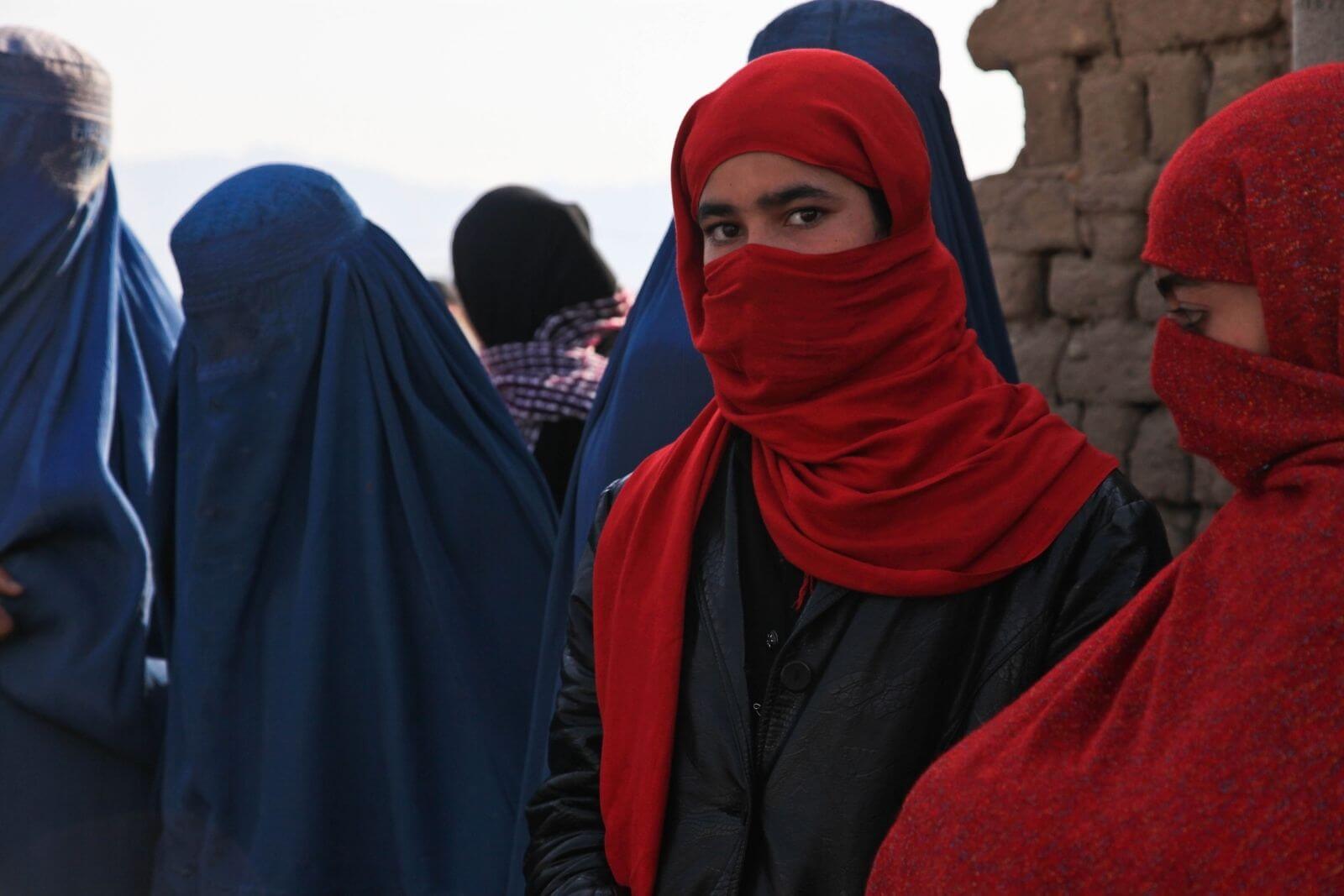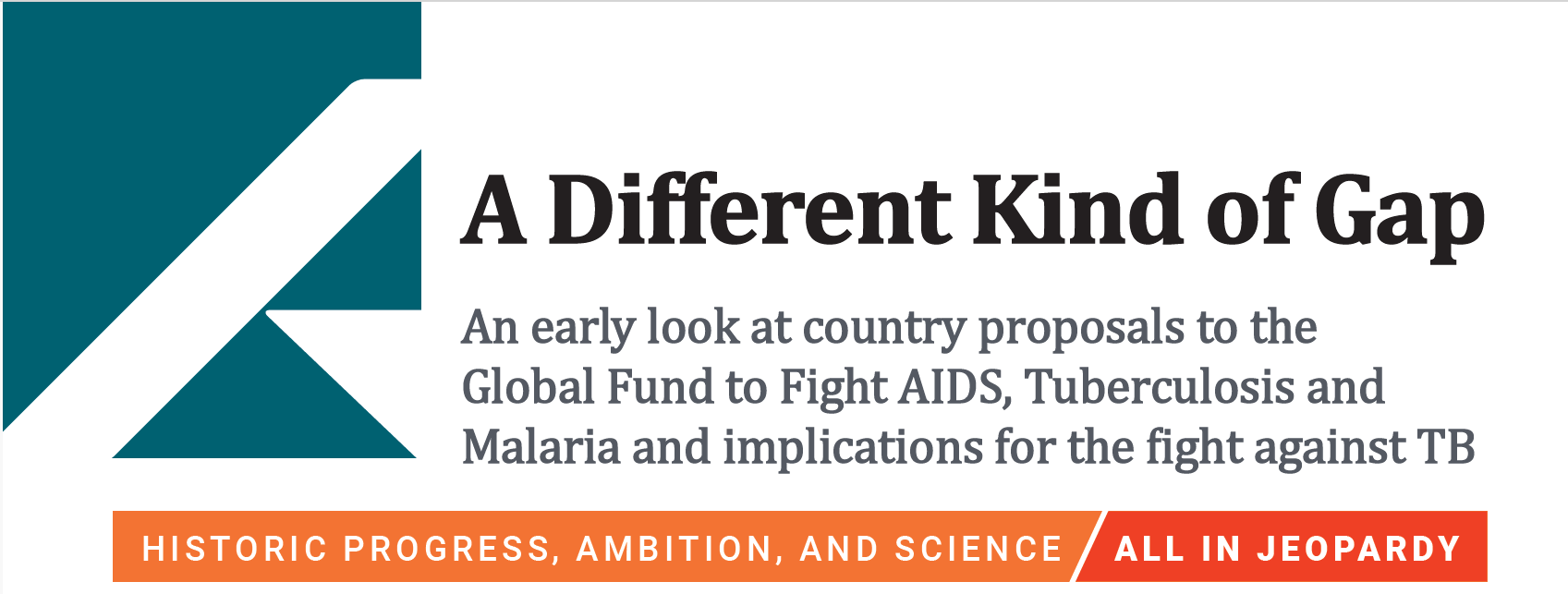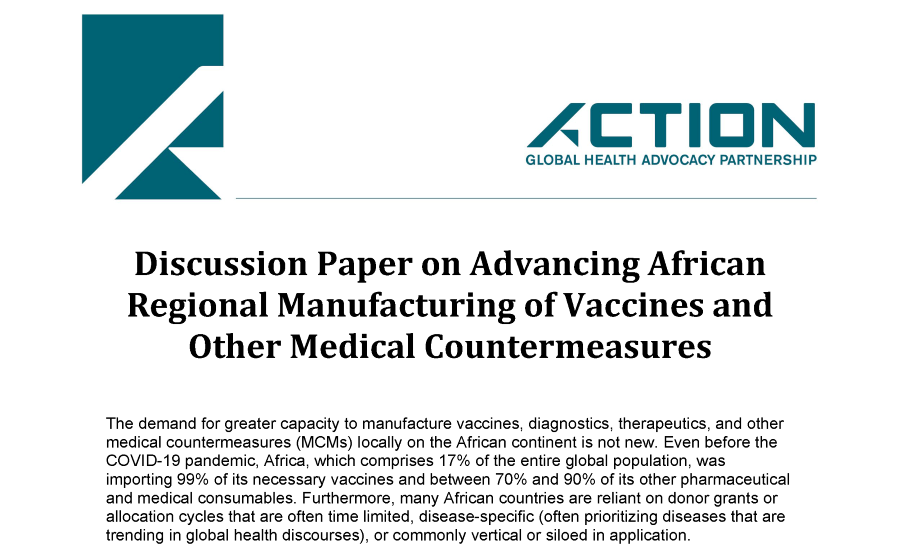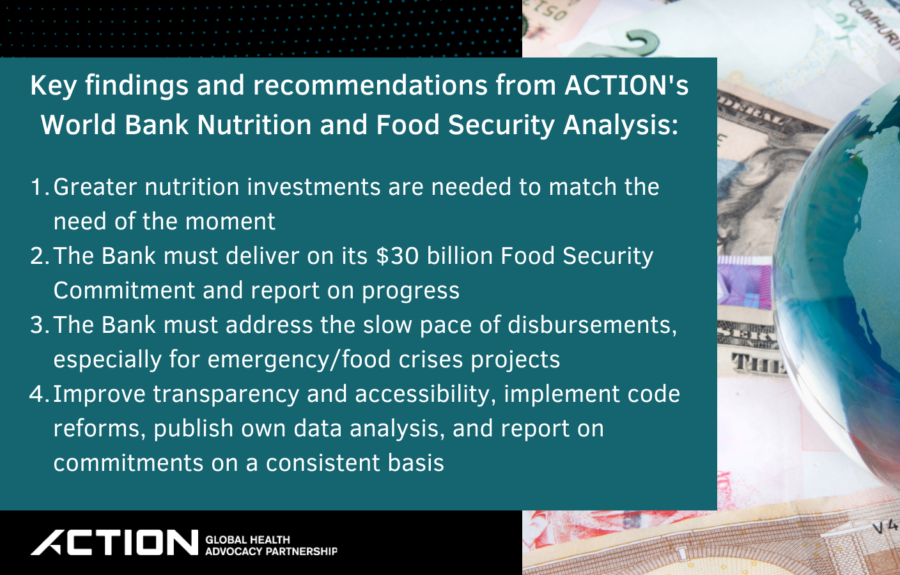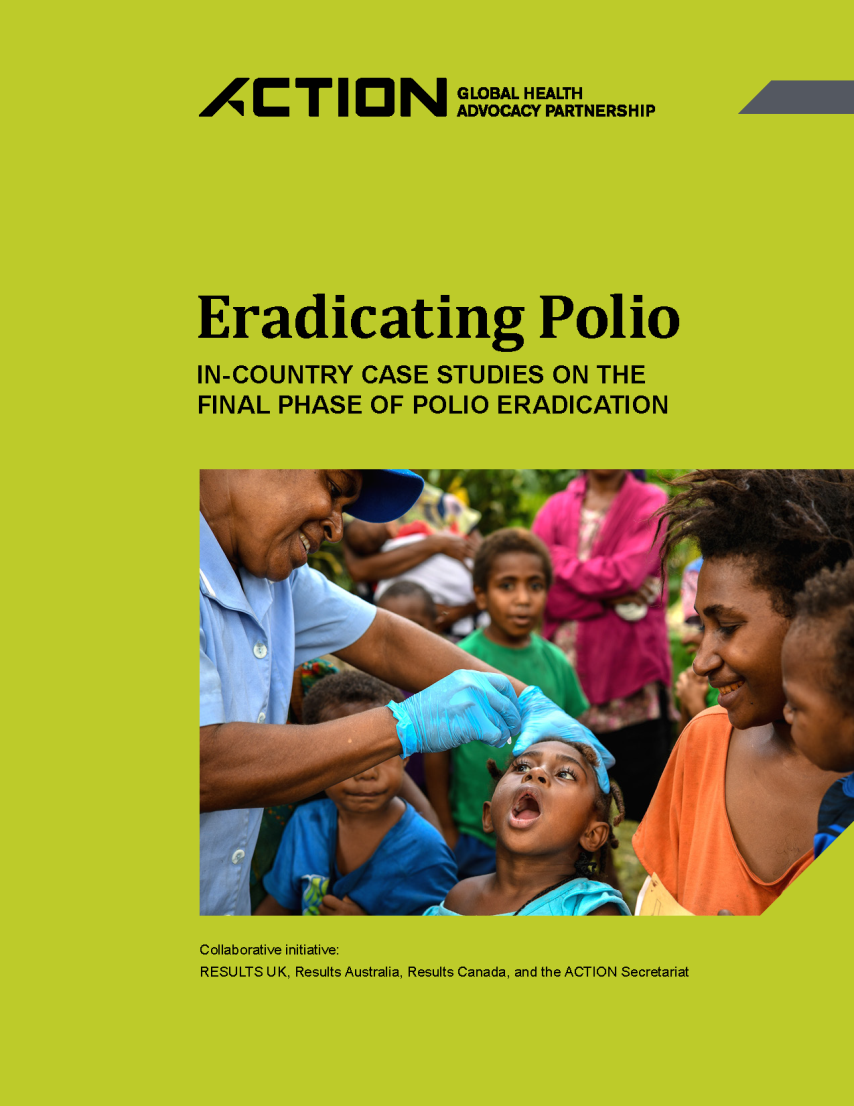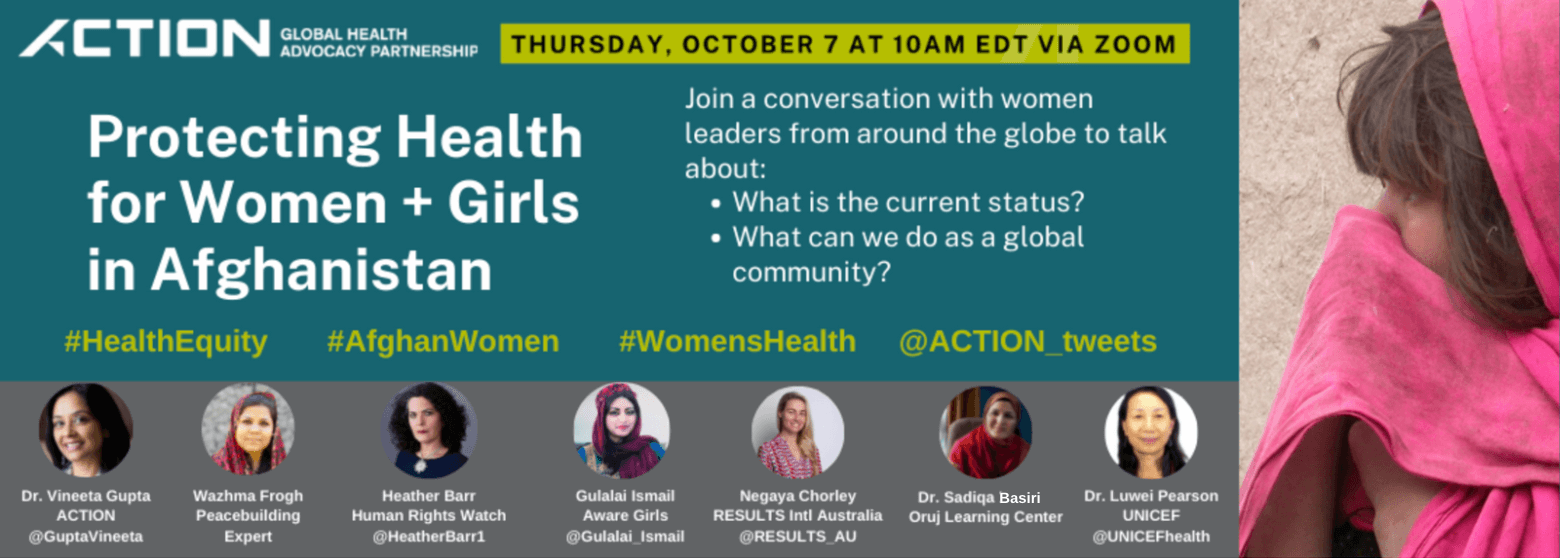
On October 7th, ACTION Global Health Advocacy Partners hosted a webinar, Protecting Women and Girls in Afghanistan, which included diverse voices of women experts working in health, gender equality, human rights, and activism in Afghanistan. Led by the Director of ACTION Secretariat, Dr. Vineeta Gupta, the panel debated the impact of recent events in Afghanistan on women and girls following the chaotic US withdrawal and return of Taliban rule, particularly on their access to quality health care services; the role of the global community in protecting girls’ and women’s access to healthcare; and calls for action to foster collaboration among civil society organizations, advocates, policymakers, donors, and international institutions.
The health status of women and children in Afghanistan has been gravely affected by long-term conflict, population movement, low socio-economic status, and a shortage of female health personnel.
“The cabinet of the current government all share the same values and belief system, which risks the system being gender mainstreamed,” argued Dr. Sadiqa Basiri, who acts as CEO at Oruj Learning Center. Dr. Basiri underscored that low female inclusivity in the health sector and a Taliban government with homogenous values rooted in Sharia law, means little will change for women and girls without continued funding and pressure from the international community.
Prior to the US withdrawal from Afghanistan, NGO-delivered primary health care and secondary hospital services covered over 90 percent of the provinces in Afghanistan and had been remarkably successful in improving access and quality of health services, and health and nutrition outcomes.
“As we speak, UNICEF is sending nutrition supplies, antibiotics, and sanitation and infection prevention controls,” said panelist Dr. Luwei Pearson, UNICEF Associate Director of Maternal, Newborn, Child and Adolescent Health. “We hope the interruption of the World Bank and IMF are temporary.”
Without NGO presence however, around 20,000 healthcare workers, including 7,000 women, have lost their jobs, and more than 2000 clinics have been shut down. In the absence of these imperative support services, and an influx of Afghans attempting to flee the country, the need for medical services at border refugee camps is urgent.
“We need undeterred access to medical relief for displaced persons in and out of Afghanistan,” urged Negaya Chorley, CEO of RESULTS International Australia. “Women must be included in these relief efforts.”
The aftermath of the Taliban coup permeates the healthcare workforce pipeline as well.
“Women in Afghanistan lost education overnight,” explained Wazhma Frogh, a peacebuilding expert, pointing to the nearly one hundred female doctors who were about to graduate medical school.
As a result, women and children have nowhere to go if they need primary or secondary health care services and won’t have access any time soon. The UN estimates this could lead to 51,000 additional maternal deaths, 4.8 million unintended pregnancies, and a near doubling of unmet needs of family planning. This is an enormous loss to Afghanistan, women’s futures, and more than two decades of humanitarian efforts.
Unfortunately, the panelists agreed, efforts to punish terrorism is producing collateral damage on civilians.
With NGOs and funding mechanisms halting operations and $9.5b dollars frozen in banks in America, sanctions on terrorists have become sanctions on the Afghan people. Limited access to funds, broken food supply chains, health facilities running out of supplies, and the Taliban’s inability to pay wages, is all but ensuring a collapse. This is only worsened by an ineffective government that has no capacity or will to revisit policies which would stabilize the country’s infrastructure. While the international community has leverage over the Taliban, they should be ramping up their efforts during this most critical time. The Taliban want aid and political recognition, and this should be negotiated with conditions: if they want legitimacy on the world’s stage, they must follow the rules.
Panelists were also quick to note that institutions like the World Health Organization (WHO), who are committed to helping Afghanistan, must reflect humanitarian values. Heather Barr of Human Rights Watch called out governments and institutions like WHO for sending all-male delegations to meet with the Taliban. “Aga Khan, International Federation of Red Crescent, UNICEF– we need to point out that it’s unacceptable,” she said.
If the international community is committed to the advancement of women and girls in Afghanistan, rules of engagement must require Afghan women to be included in discussions at all levels and within every sector.
“Humanitarian rules state that these organizations have to be neutral, so if you are taking a delegation of all males to meet with the Taliban then that is political,” said Gulalai Ismail, Founder of Aware Girls, further stressing the importance of holding these organizations accountable for violating international humanitarian law.
While the women and children of Afghanistan are themselves resilient, cutting aid has deep implications which will continue to disproportionately impact women and children who already face grave challenges and barriers to access health services. Especially during a global pandemic, the international community cannot afford to pull back and reduce access to health services. It is not only in everyone’s best interest, but there is a moral imperative to step up to help protect the rights of women and girls in Afghanistan.
ACTION is grateful to our panelists: Negaya Chorley, CEO of ACTION partner Results Australia; Sadiqa Basiri of Oruj Learning Center; Gulalai Ismail, founder of Aware Girls; Wazhma Frogh, peacebuilding expert; Heather Barr, director of the Women’s Rights Division at Human Rights Watch; and Dr. Luwei Pearson of UNICEF, for their expertise, conversation, and recommendations on moving forward in Afghanistan.

